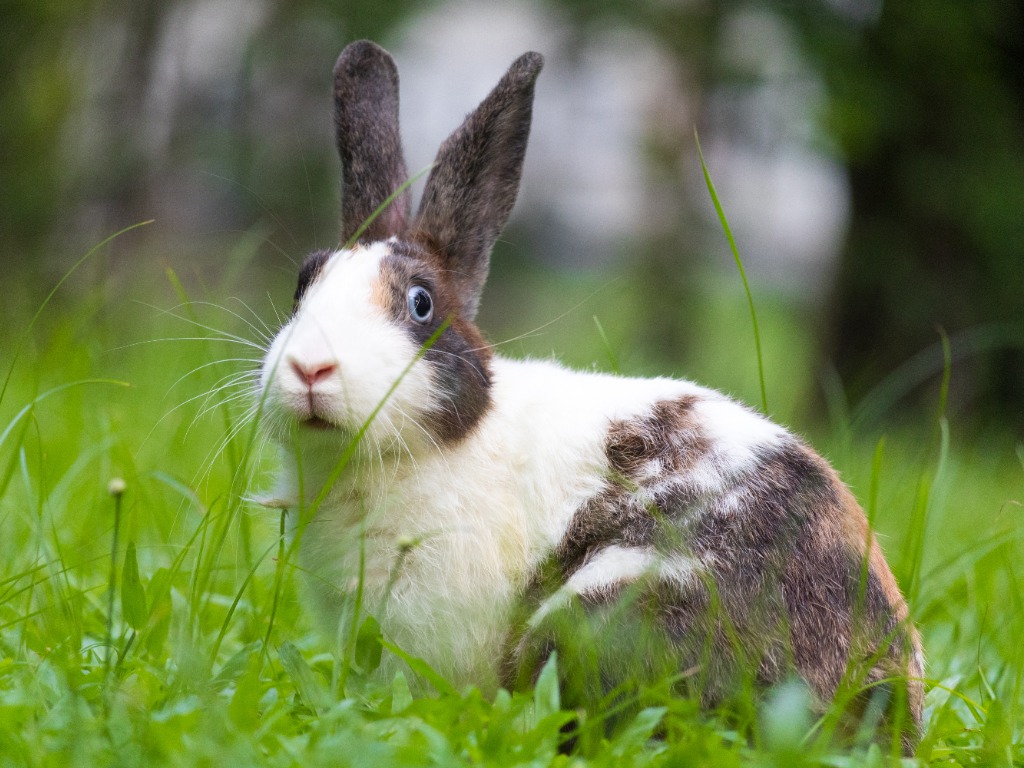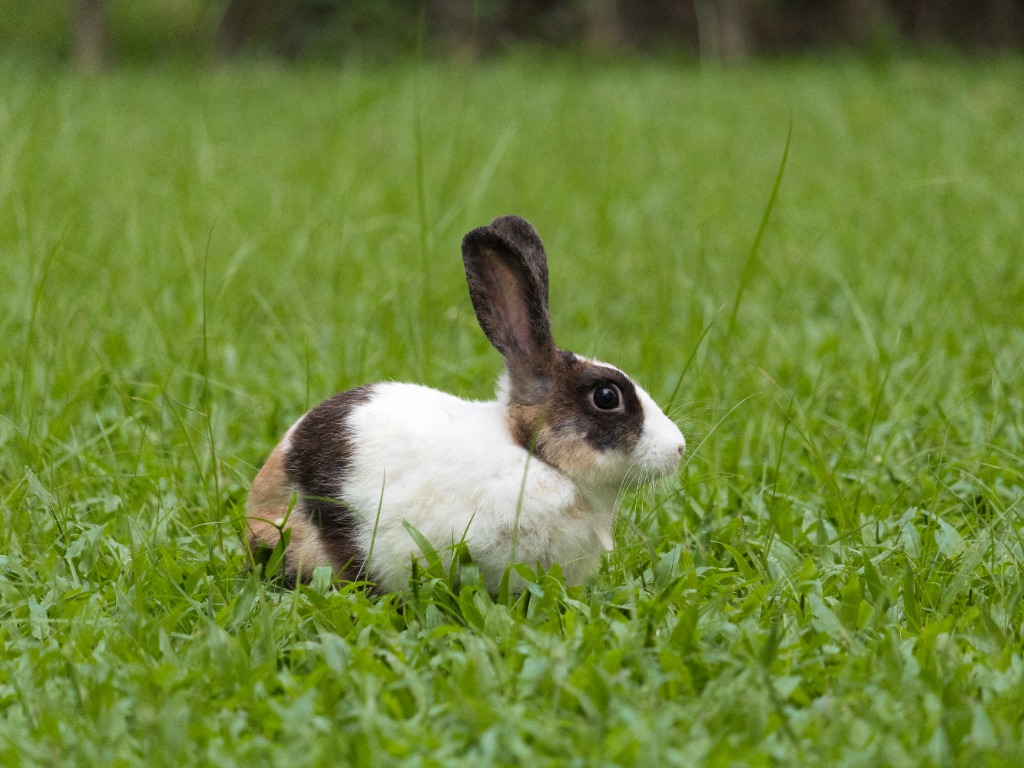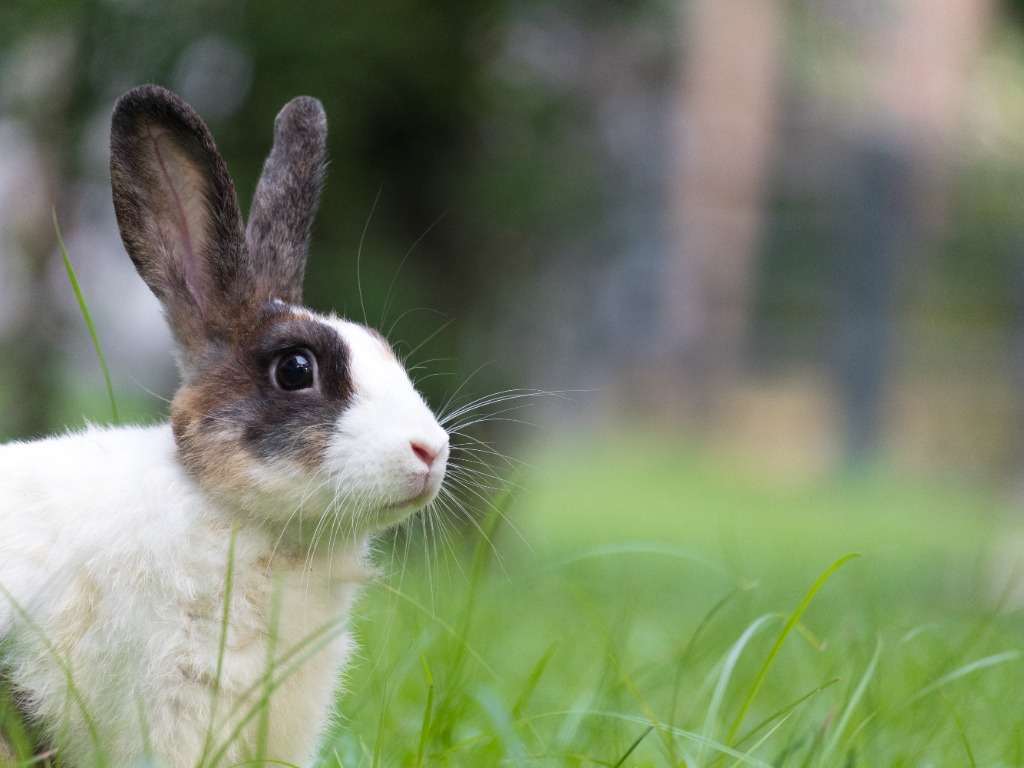Are Dutch Rabbits Easy to Train? A Comprehensive Guide

Dutch Rabbits are relatively easy to train. They are known for their friendly, pleasant, and intelligent nature as a breed. These characteristics make them more receptive to training than some other rabbit breeds.
To effectively train a Dutch Rabbit, positive reinforcement and consistency are crucial. They quickly learn and respond to new tricks and behaviors when incentivized with treats, praise, and a loving environment. Since every rabbit has its personality, the training experience may also vary from one individual to another.
The Personality of Dutch Rabbits
Dutch rabbits are known for their calm, easy-going personality, making them great family pets. They are social animals that enjoy interacting with their owners and other rabbits. Here are some sub-sections that describe the personality of Dutch rabbits in more detail.
Friendliness
Dutch rabbits are generally friendly and outgoing. They like to spend time with people and enjoy their company. They are also good with children and may make ideal playmates for your youngsters. However, it’s important to note that not all Dutch rabbits are identical; some may be more reserved than others.
Intelligence
Dutch rabbits are intelligent animals that can be trained to do tricks and respond to their names. They are quick learners and can pick up new commands in a flash. This makes them easy to train, and a great choice for beginners and children who want to care for rabbits.
Independence
Despite being social animals, Dutch rabbits are also independent. They enjoy time alone and may not always want to be held or cuddled. However, they are still affectionate and will show their love for their owners in other ways, such as licking or nuzzling.
In conclusion, Dutch rabbits have a pleasant personality, making them great family pets. They are friendly, intelligent, and independent animals that can be trained to do tricks and respond to their names. However, it’s important to remember that not all Dutch rabbits are the same, and their personality may vary depending on their temperament and upbringing.
Training Dutch Rabbits
Dutch rabbits are intelligent and can be trained with patience and consistency. Training your rabbit can help strengthen your bond and improve their behavior. Here are some tips for training your Dutch rabbit.
Litter Box Training
Like most rabbits, Dutch rabbits can be litter box trained. It is important to start litter box training as early as possible. Provide your rabbit with a box filled with rabbit-safe litter and place it in their designated area. Encourage your rabbit to use the litter box by placing some of their droppings in the box and rewarding them with treats when they use it. Consistency is key, so clean the litter box regularly and give your rabbit easy access.
Teaching Basic Commands

Dutch rabbits can be taught basic commands like come, stay, and go. Start with one command at a time and use a firm but gentle tone. Use positive reinforcement by rewarding your rabbit with treats when they follow the command correctly. Repeat the commands often and gradually increase the difficulty level. For example, start teaching your rabbit to come when called and then continue teaching them to stay in one place longer.
Positive Reinforcement
Positive reinforcement is an effective training method for Dutch rabbits. Reward your rabbit with treats, praise, and affection when they exhibit good behavior. Avoid using punishment or negative reinforcement as it can cause fear and anxiety in your rabbit. Consistency and patience are key when using positive reinforcement.
Challenges in Training Dutch Rabbits
Stubbornness
Dutch rabbits can be stubborn animals, which can make training difficult. They have a strong will and may not always want to do what their owner wants. This can be frustrating for those trying to train them, but it is important to remain patient and consistent.
One way to overcome their stubbornness is to use positive reinforcement. Rewarding good behavior with treats or praise can encourage them to continue that behavior. However, it is important not to use punishment or negative reinforcement, as this can make them fearful and less likely to cooperate.
Fearfulness
Dutch rabbits can also be fearful animals, making training even more challenging. They may be scared of new people, objects, or sounds, making introducing them to new experiences difficult.
To help overcome their fearfulness, it is important to introduce them to new experiences slowly and gradually. This can help them become more comfortable and confident in new situations. It is also important to provide them with a safe and secure environment, such as a spacious cage or playpen, where they can retreat if they feel scared or overwhelmed.
Boredom
Dutch rabbits can become bored easily, which can make training more difficult. They need plenty of mental and physical stimulation to stay happy and engaged.
One way to prevent boredom is to provide plenty of toys and activities to keep them occupied. This can include puzzle toys, chew toys, and tunnels. It is also important to provide them with plenty of exercise, such as playtime outside their cage or playpen.
In conclusion, training Dutch rabbits can be challenging due to their stubbornness, fearfulness, and boredom. However, it is possible to train them successfully with patience, consistency, and positive reinforcement. They can become happy and well-behaved pets by providing them with a safe and stimulating environment.
Conclusion

Dutch rabbits are generally easy to train and make great pets for those willing to take the time and effort to properly care for them. They are intelligent and respond well to being trained, and they can quickly learn how to use a litter box. However, it should be noted that rabbits (regardless of breed) are all prey animals and may require more patience and care than other pets.
When training Dutch rabbits, it is important to be patient and consistent. Positive reinforcement, such as treats and praise, can encourage good behavior. Providing a safe and comfortable environment for your rabbit can also help with training and overall well-being.